Michoacán Artisans - The Cultural and Natural Wealth of our State Exemplified
Michoacán is just over the top when it comes to artisans and biodiversity. Through their artistic creations, our artisans show their sensitivity and imagination, capturing all that creativity and emotion with each piece, whether it be of the greatest complexity or the greatest simplicity. All this while using materials specifically of this region.
 |
| Mexican Folk Art make by the Artisans of Michoacán |
Each of these pieces holds a fabulous history,
following techniques that have been passing in the families of these Michoacán artisans for generations, since before the arrival of Don Vasco de Quiroga, who subsequently fine-tuned their techniques and systems of
distribution.
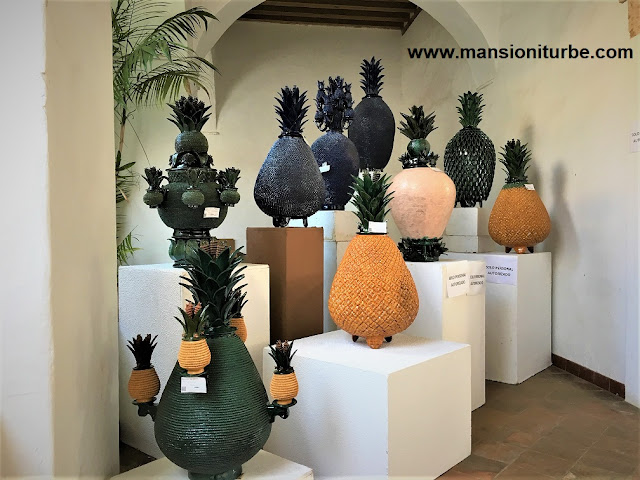 |
| Clay Pineapples from San José de Gracia, Michoacán |
When considering the folk art of Michoacán, we
see the diversity of materials with which these crafts are made, reflected in the
sixteen artisanal branches of Michoacán crafts.
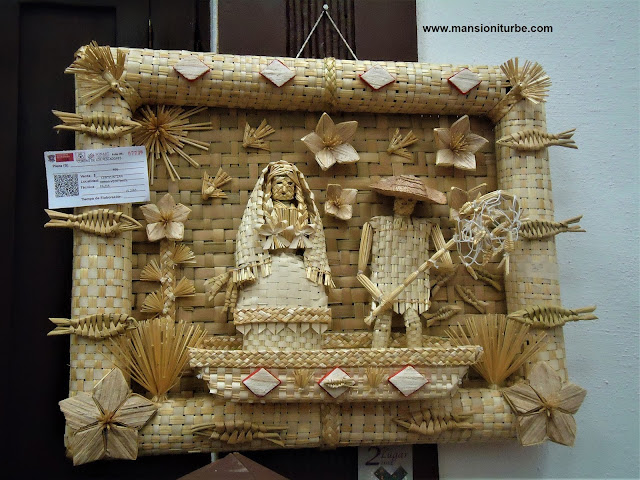 |
| Mexican Handicraft made with natural fibers at Patzcuaro Lake Region |
When strolling the roads of Michoacán, our guests at Hotel Mansion Iturbe in Pátzcuaro can observe the biodiversity we have. The various roads range from the forests and lakes, to the arid areas of “tierra caliente,” to the beautiful coconut groves of the Michoacán Coast.
The creative Michoacán artisans use the raw
natural materials from the region, as did their pre-Columbian ancestors, to
create different utilitarian as well as creative objects.
 |
| Utilitarian and creative objects made by their ancestors during the preculumbian time. |
After the conquest, the chroniclers began to take
notes on these trades and the materials and techniques the locals used to make
their articles. “La Relación de Michoacán,” written by the
Franciscan Friar Jerónimo de Alcalá in the sixteenth century, mentions the
different objects that the indigenous people used to make objects for their
daily use.
Jucutacato's canvas, an artist’s rendering also from the sixteenth century, shows the
importance of copper, the exploitation of mines, and how they made copper
objects at that time.
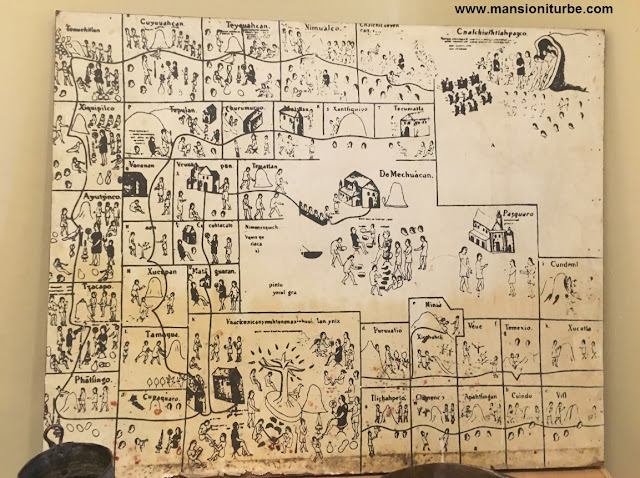 |
| Jujucacato Canva's |
Many chroniclers of that time mention feather art or
the technique of lacquer, both of which are so appreciated today.
During the process of evangelization, Don Vasco deQuiroga promoted the improvement of the indigenos’ skills, teaching them
new techniques and the use of new tools such as the forge for hammered copper
and blacksmithing, carpentry or stonework, all of which amazes us when visiting the
different chapels and temples of the Purépecha communities of Michoacán.
 |
| Don Vasco de Quiroga |
This artistic syncretism, or “marriage” of
Catholicism and the indigenous religion, was generated in many paintings,
sometimes on church ceilings. Craft contests (during Night of the Dead
or Palm Sunday) often illustrate this interesting syncretism.
These captivating pieces, whether made of wood, copper,
mud, vegetable fibers, or gourds, etc, they become part of the cultural
and natural wealth of Michoacán.
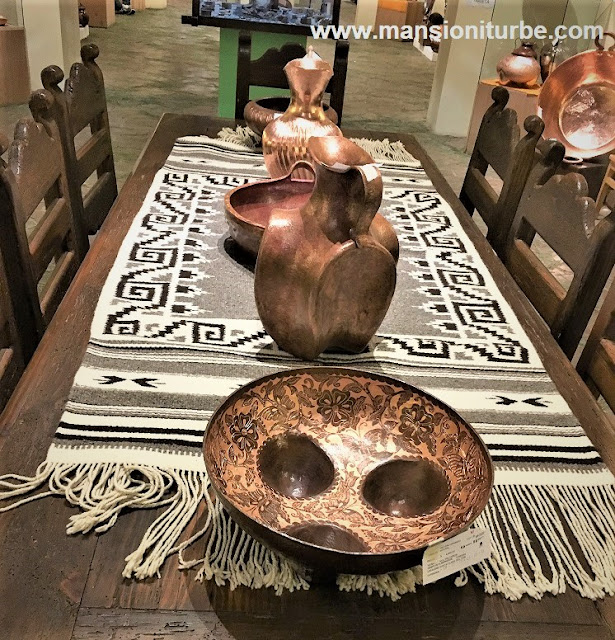 |
| Mexican Folk Art from Michoacán: Copper & Textiles. |
If we want to have an even more personal encounter,
we can visit a craft studio, which allows us to see first-hand the processes
involved. That is when we witness the true diversity of natural resources
that Michoacán has to offer.
If we are fortunate enough, in Pátzcuaro, we might
hear a speech by the famous Maestro Mario Agustín Gaspar about his work
with pasta de caña and lacquerware.
Pasta de caña, or corn cane paste, is what our famous Virgen de la Salud
was made of 500 years ago – and she continues to grace our Basílica!
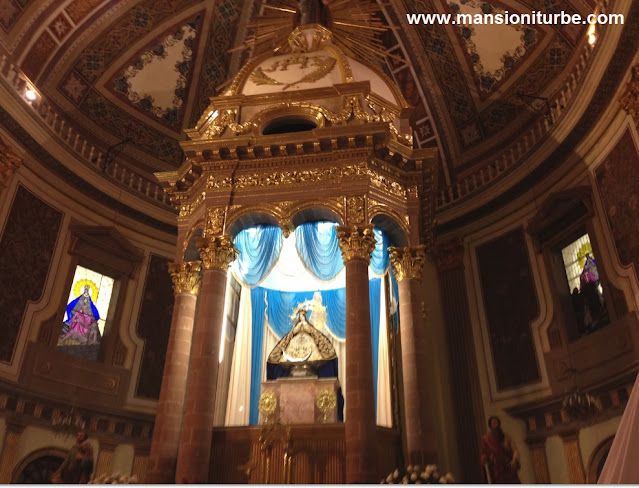 |
| Our Lady of Health in Patzcuaro |
Plant and insect elements were originally used – and some still are – to create certain colors in painting gourds/wood, as well as fabrics.
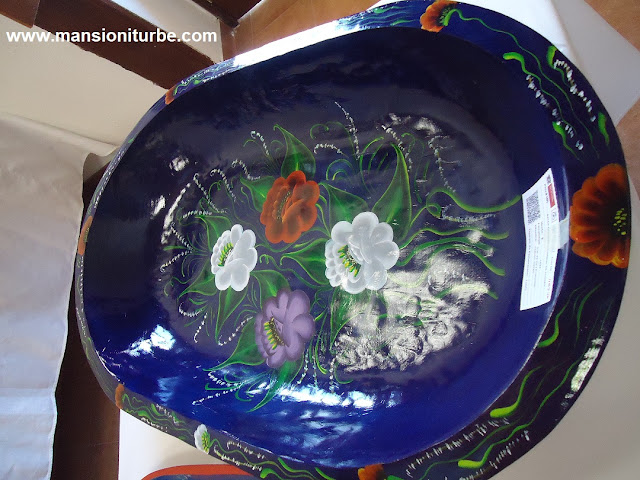 |
| Maque: a prehispanic technique from Michoacan |
Enjoy Mexican folk art and be amazed with all
that it incorporates. In Pátzcuaro, a craft center par excellence,
you will delight when walking through our magical town and take home a unique
piece, which is a part of our identity.
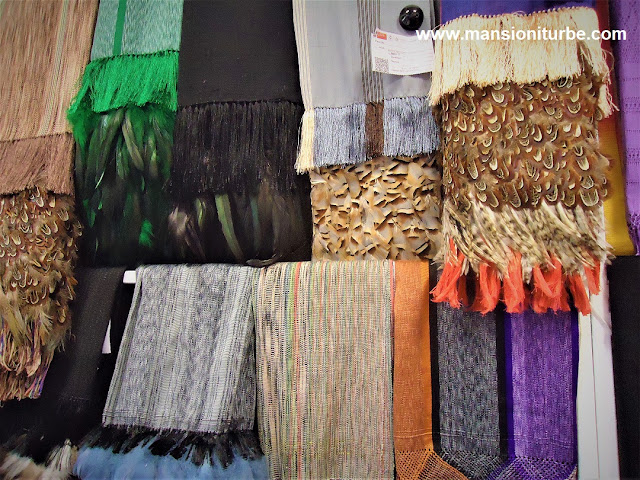 |
| Mexican Rebozos from Michoacan |
*Text and pictures property of Hotel Mansion Iturbe.
We invite you to check more post in our blog, you will find information about Pátzcuaro and its surroundings that we hope will be useful for your next trip to our colonial town in Mexico.
Here are some post that we suggest you:
Mexican Folk Art: Clay Pineapples of San José de Gracia
Cocuchas Distinctively Michoacan
Hotel Mansion Iturbe
Plaza Vasco de Quiroga
61600 Patzcuaro, Michoacan
México
For more information about our Hotel in Patzcuaro
Reservations online at Hotel Mansion Iturbe
Tels: +52 (434) 342 0368 / 342 3628
Fax: +52 (434) 342 3627
Toll Free fax number from USA & CANADA: 1 866 678 6102
GDS CODES:
Amadeus: ON MLMMAN
Sabre: ON 16297

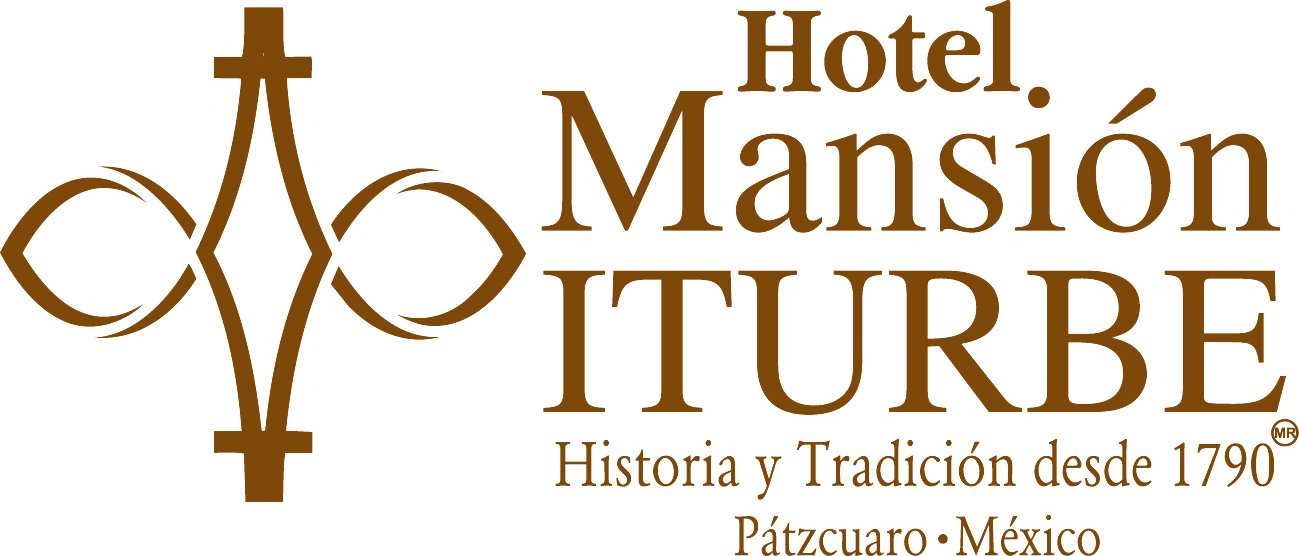







Comentarios